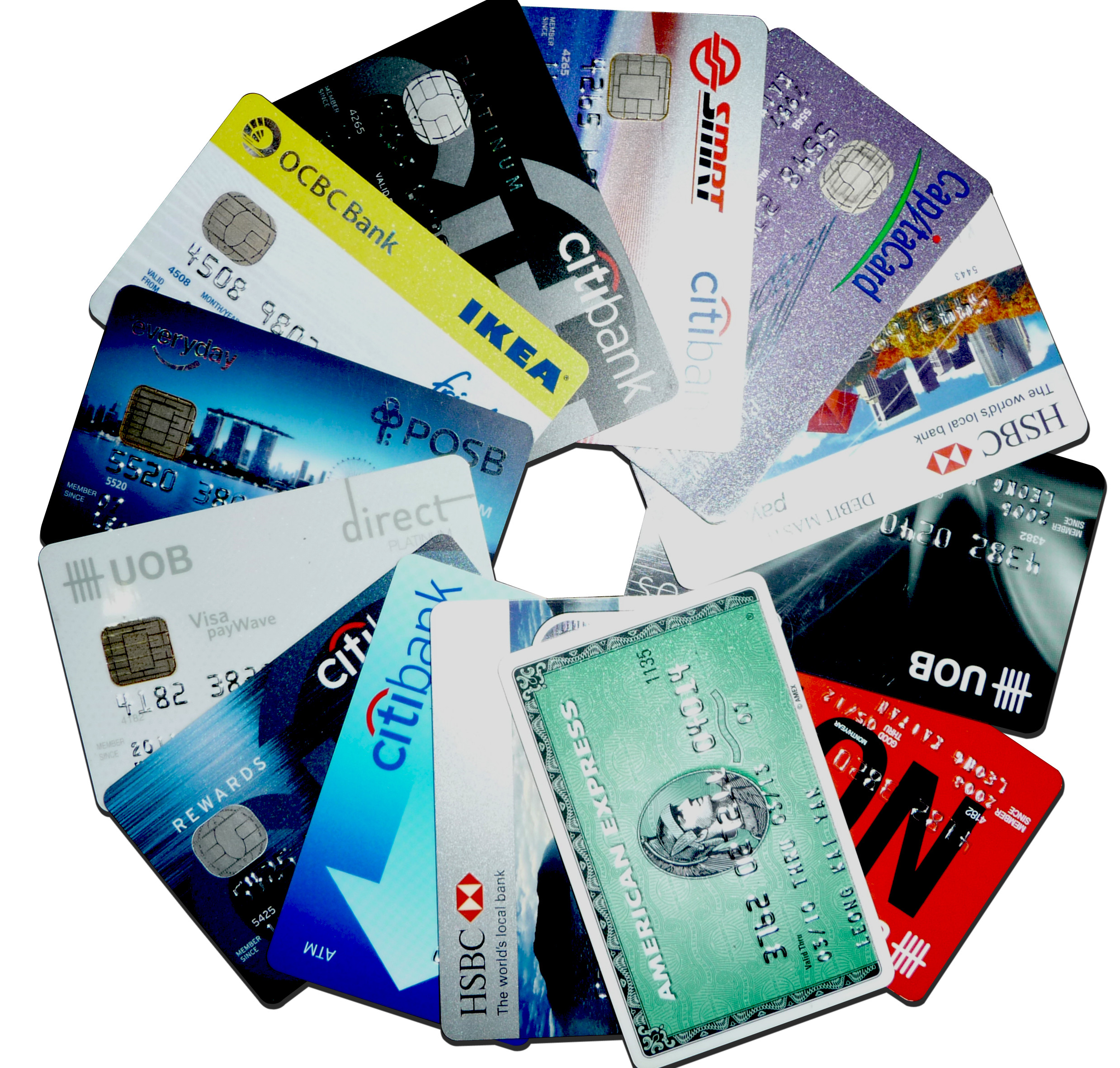Contents
Do You Pay Back All of Your Credit Card Debt in Chapter 13 Bankruptcy?

First a brief primer on types of debt.
Dischargeable vs. Non-Dischargeable Debts
Some forms of debt are non-dischargeable, meaning that you will have to pay them off in full. Dischargeable debts are debts that can be forgiven by bankruptcy. Credit card debt is considered a dischargeable debt. Non-dischargeable debts take priority over dischargeable debts, and in bankruptcy, whatever money you have left over after paying off your non-dischargeable debts (like a mortgage) is put toward your dischargeable debts. If you do not have enough money left to pay your dischargeable debts, then the remainder of those debts are forgiven. 11 USC § 507. In many cases, Chapter 13 filers only pay a small percentage of their credit card debts, but good faith is always required if you plan to eliminate debt in Chapter 13.
For Example: In the case of In re Collier, discussed more thoroughly below, Mr. Collier had two “secured debts.” Secured debts are debts collateralized by your personal property, in this case, one debt was secured Mr. Collier’s mobile home, and his car secured the other. Because secured debts are non-dischargeable, Mr. Collier was required to continue paying them as he had been. Mr. Collier then sought to have his credit card debt discharged because he could not afford to pay the full amount.
Denial of Discharge for Credit Fraud
11 USC § 523(a)(2)(A) states that a debtor can be denied a discharge for:
“false pretenses, a false representation, or actual fraud, other than a statement respecting the debtor’s or an insider’s financial condition”
Under bankruptcy law, if you have committed fraud or made any false representations relating to your credit card debt, then you can be denied a discharge, and you will be responsible for the full amount of your debt.
Example: In re Collier
In the bankruptcy case of In re Collier, after filing for bankruptcy, Mr. Collier’s credit card company, Citibank, filed a complaint with the bankruptcy court asking that the court deny him a discharge of his credit card debt. Mr. Collier held two credit cards with Citibank, both of which had balances owed of over $10,000. Almost all of the $20,000 in charges were made during a four-month span before the bankruptcy. Furthermore, many of these charges were from cash advances. Citibank intended to prove that Mr. Collier made false representations to his credit card company in the sense that he racked up his bills knowing that he would never pay them off.
In order to prove false representation, the court required that Citibank prove that Mr. Collier: (1) Made a representation; (2) that he knew was false; (3) that he intended to deceive Citibank; (4) that Citibank actually relied on Mr. Collier’s representation; and (5) that Citibank lost money as a result.
Obviously, Mr. Collier was unable to pay off his credit cards. The court decided that because Mr. Collier racked up these charges in such a short period of time, and made only small payments on his cards during that time, it appeared that Mr. Collier had made false representations because knew he would not be able to pay off his credit cards when he incurred the charges.
Every time a person uses a credit card they are essentially making a representation that they intend to pay off that credit card. Mr. Collier’s representation was false because each time he used his card; he knew that he would not be able to pay it off.
Understand Your Debt
What you can learn from Mr. Collier’s case is that things like fraud and false pretenses do not always take the form of elaborate heists designed to scam money from your credit card company. Mr. Collier was found to have committed fraud merely because he continued to rack up his credit card debt with no ability to pay it off.
Moreover, knowing what forms of debt take priority over others, and what forms can be discharged is not always easy and clear-cut. To understand your Chapter 13 bankruptcy case, and figure out how much debt you are fully responsible for, you should consult an experienced bankruptcy attorney.
SEE ALSO: My Visa bills are piling up, can bankruptcy help?
About Russ Cope
Russ B. Cope is dedicated to legal standards that go far beyond filing cases — he is interested in your goals. Russ wants to be certain that each client is making an informed decision that will make their life better, and thrives on the interaction between lawyer and client.

Leave a Reply